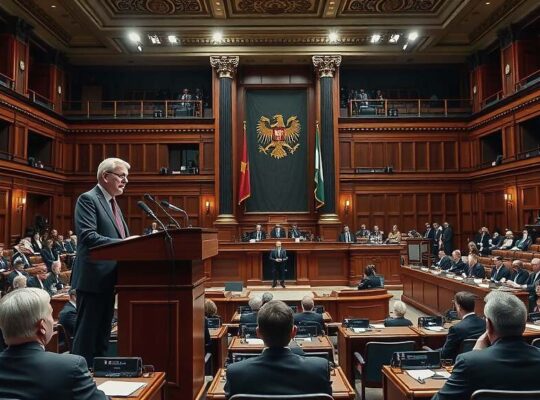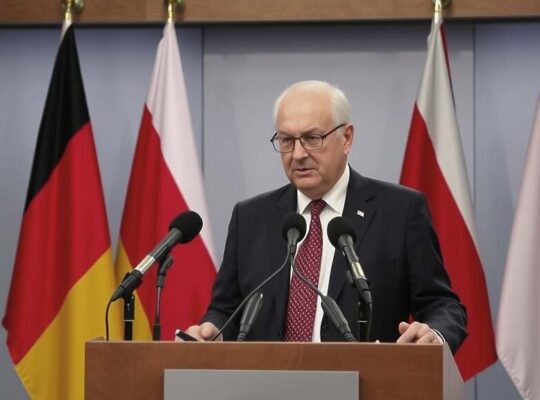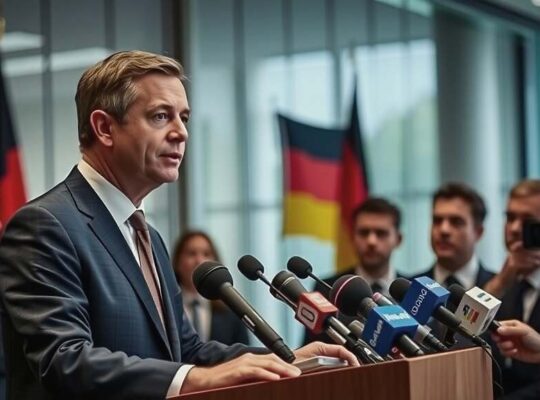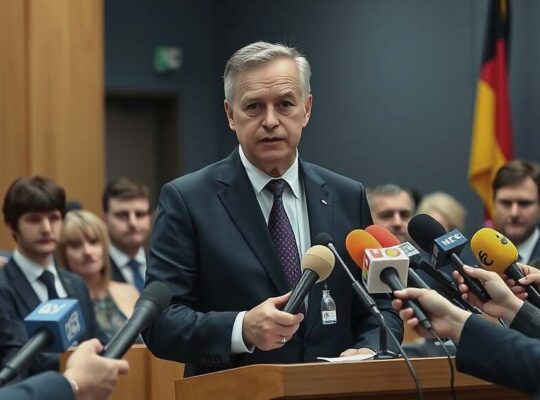The EU’s ambitious, yet deeply controversial, proposal for sweeping surveillance of encrypted messaging platforms has been abandoned, a shift largely influenced by staunch opposition from Germany. The plan, intended to combat the proliferation of child sexual abuse material online, would have mandated companies like WhatsApp and Signal to monitor chats for illicit content. However, failing to secure the necessary consensus among member states, the initiative has been shelved, marking a significant setback for EU efforts to address online exploitation.
While acknowledging the urgent need to combat child abuse and the disturbing rise of online child pornography, the German Federal Judges Association (DRB) has swiftly called for an alternative, domestically focused approach. DRB Federal Managing Director Sven Rebehn, in statements to the Redaktionsnetzwerk Deutschland, lauded the EU’s retreat from what he termed “excessive” and overly broad monitoring schemes. However, he emphasized the immediate need for the German coalition government to implement a long-promised legal requirement for the temporary storage of IP addresses.
“Law enforcement agencies are urgently awaiting the repeatedly announced legal obligation to store IP addresses for a limited time” Rebehn stated, highlighting the crucial role IP addresses play in swiftly identifying potential perpetrators in child pornography investigations. He underscored that in many instances, IP addresses represent the sole and most rapid, investigative lead.
The change in direction reveals a growing tension between the desire for robust measures to protect children online and the concerns surrounding privacy, data protection and the potential for governmental overreach. While the German government explicitly contributed to the EU proposal’s downfall, the DRB’s call for national action exposes a persistent political stalemate within Germany itself. The coalition government has pledged to introduce legislation mandating IP address retention, yet internal deliberations have repeatedly delayed its implementation.
The abandonment of the EU initiative, coupled with the DRB’s pressure for a swift national solution, raises crucial questions about the future of online safety regulations. Balancing the imperative to safeguard vulnerable children with the preservation of fundamental rights remains a complex and politically charged challenge, one that necessitates a more targeted and proportionate approach than the previously envisioned blanket surveillance scheme. The pressure now mounts on Germany’s coalition government to deliver on its commitments and address the growing crisis with a legally sound and ethically responsible framework.












